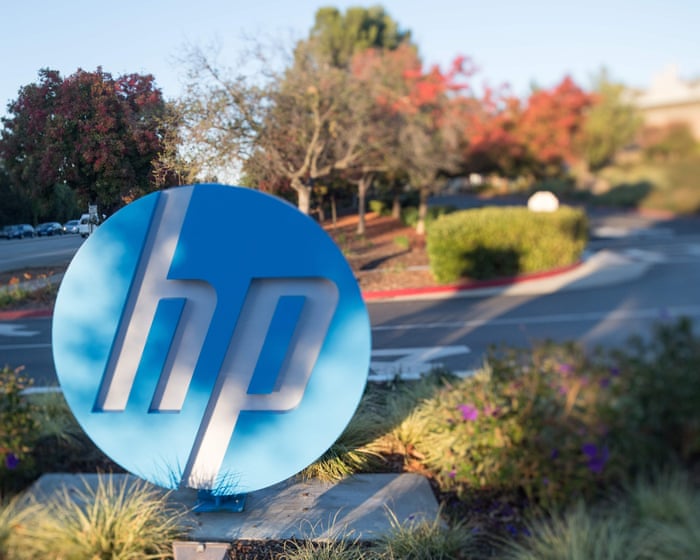JustiGuide wants to use AI to help people navigate the US immigration system
PositiveArtificial Intelligence
- JustiGuide, a startup, is leveraging artificial intelligence to assist immigrants in navigating the complexities of the US immigration system. The platform aims to provide users with a better understanding of the system, facilitate connections with legal professionals, and help reduce the financial burdens associated with immigration processes.
- This development is significant as it represents a technological advancement in the immigration sector, potentially making legal assistance more accessible and affordable for immigrants. By utilizing AI, JustiGuide could streamline the immigration journey, thereby improving the overall experience for users.
— via World Pulse Now AI Editorial System




